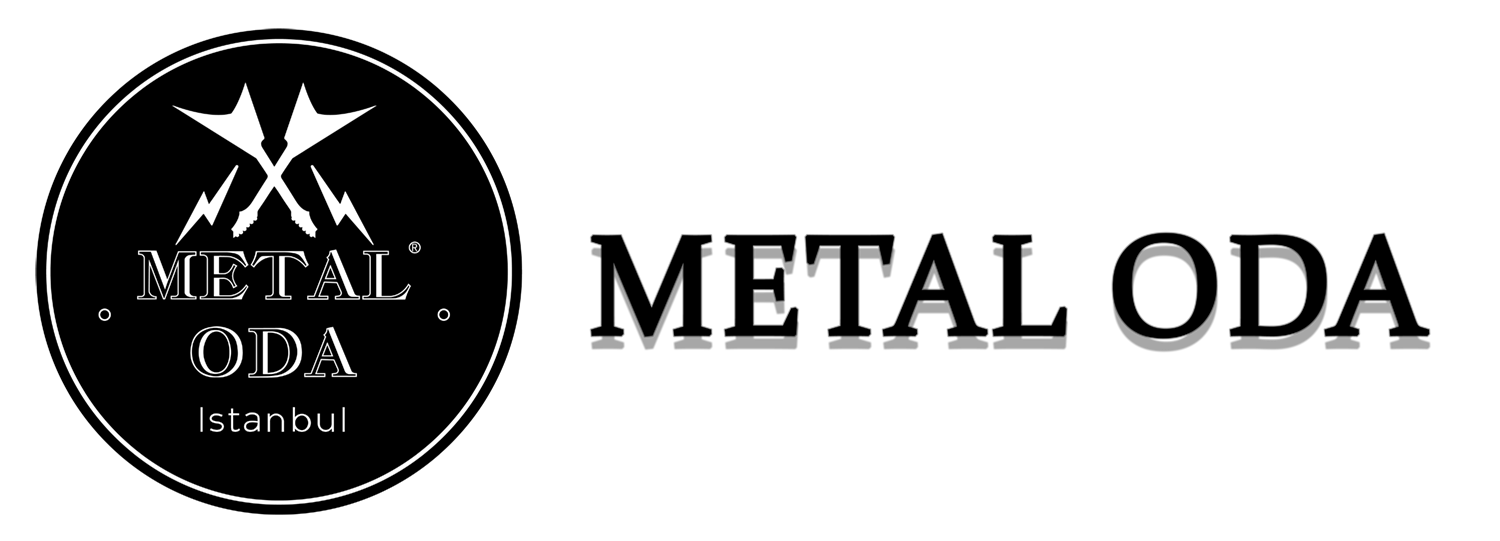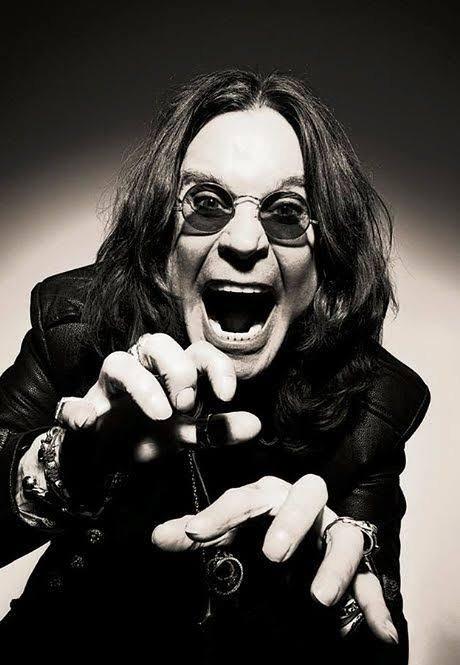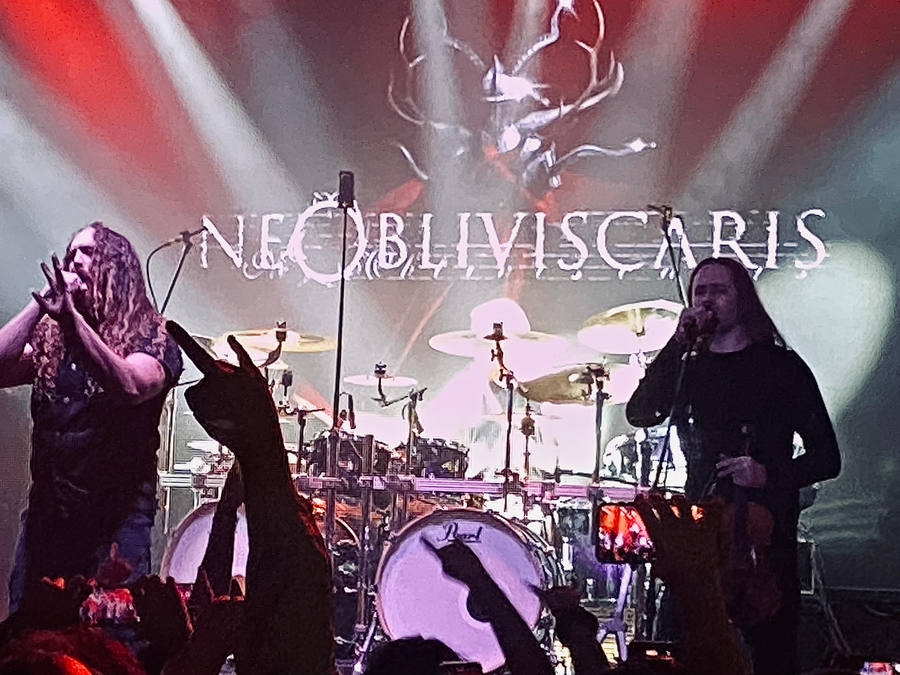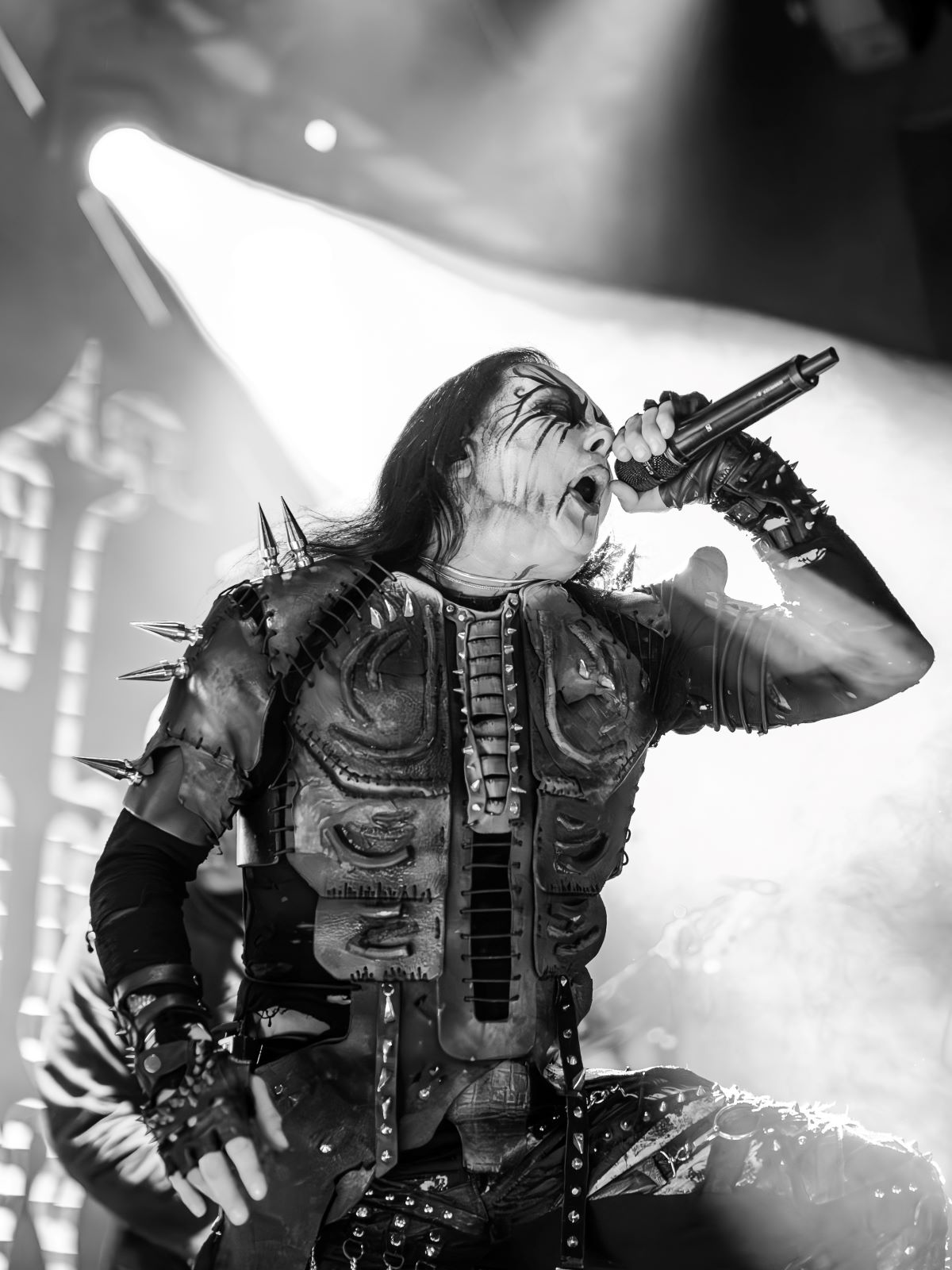FROM SENJUTSU TO SEPPUKU, FROM DUNKERQUE TO SHOGUN
Dear Metalheads,
Here I am with you, eagerly ready to review “SENJUTSU”, the 17th studio album of IRON MAIDEN, one of the biggest Heavy Metal bands of all time. The album streamed on all digital platforms at midnight on September the 3rd, 2021, that is 6 years after their last “Book of Souls”. I have so many things to tell about this wonderful album: those of you who have already read my previous articles have more or less understood the style of my writing: @metaloda can shift from music to literature in a split of a second.
Let’s get right to the point. As I told you previously in my review entitled “The Return of the King” about the first single released from the album, “ The Writing on the Wall (W.O.T.W.) “, one could easily tell something spectacular was coming on September the 3rd. And it was no surprise that when I listened to the whole album immediately after its release, I found out that the Masters  of heavy metal have done something very big, exceeding all expectations. Senjutsu, whose recordings were completed before the pandemic, was kept in a vault by the band for 2 years to prevent the album from leaking to the internet. Even the band members were not given copies. It was a good decision though; for if I were in their shoes, I’d chain the safe, put a big padlock on it, and would ask Eddie the Samurai to guard it 24/7.
of heavy metal have done something very big, exceeding all expectations. Senjutsu, whose recordings were completed before the pandemic, was kept in a vault by the band for 2 years to prevent the album from leaking to the internet. Even the band members were not given copies. It was a good decision though; for if I were in their shoes, I’d chain the safe, put a big padlock on it, and would ask Eddie the Samurai to guard it 24/7.
Senjutsu, is released as a double album and consists of 10 tracks in two CDs. I especially loved the perfect box sets containing vinyls and booklets with great designs.
First, let’s talk about the name of the album: “Senjutsu” can be translated more or less as strategy and tactics. The –Jutsu suffix in Japanese means the method of an art or discipline: a good example is the Aikijutsu, the method of the martial art Aikido. Senjutsu also relates to the natural energy techniques performed by japanese masters. The lyrics and track names from the album are in integrity with the band’s favorite subjects: war, military topics and heroism. A good example is the “Stratego”, released after the W.O.T.W., named after a two-player military strategy game.
The opening track, Senjutsu, is a correct choice for setting the mood of the album and introducing the music. I truly enjoyed listening to Senjutsu, which evokes the feeling of war drums in the background, inspired by the flamboyant Japanese Kodo, with song lyrics depicting a battlefield. The stormy “ Stratego” which follows next is a great Harris-Gers piece. The majority of the songs bear the Steve Harris signature: especially in the second CD, this signature is even more obvious in prog-style tracks exceeding 10 minutes. Harris’ gallop bass dominates this track; Bruce Dickinson’s vocals in the chorus section are enriched with a double recording. Being the first Iron Maiden album recorded after Bruce’s illness, one can tell that his voice might have lost a little bit of its shine in years, but none of its charisma. The lyrics “Teach me the art of war” refer both to the Stratego game and the theme of the album.

My W.O.T.W. review entitled “The Return of the King” was published in the Turkish Rock&Metal Magazine DeliKasap on August 7th. There I made a very detailed analysis of this spectacular piece, both in musical and philosophical terms. Here is a little quotation from my article:
“The Kings of Heavy Metal are back and this single says something big is coming on September the 3rd. The W.O.T.W is en expression telling that disasters and bad news are on the way. We are actually living in the dystopian world described in Iron Maiden’s video clip: chaos reigns in this Matrix and Star Wars-like world; which is exactly our world dominated by the pandemic, forest fires, nuclear disasters, acid rains, deforestation, hunger, misery and wars. The Iron Maiden reflects us back the flaws in our society and fulfills the artist’s duty. The fabulous Smith-Dickinson composition starts with almost a wild west tune on acoustic guitar and stands out with its catchy opening riffs that carry folkloric elements in the background. It shines with tidy, classic rock and roll sounds. I especially liked the amazing riff transtion from A minor to D minor at 4:05 where I found the familiar Iron Maiden sound.”
The Senjutsu album is dark and melancholic in tone and melody. WOTW’s ‘disasters are at hand’ message overlaps with this dark musical atmosphere. Hell on Earth, the last song from the album and one of my favorite tracks, also carries the same pessimistic message. Death of the Celts and Hell on Earth, whose intros are woven from similar fabrics, wink at The Clansman from the 1998 Virtual XI . I believe Senjutsu strongly echoes with the past Maiden albums, especially with 1986 “Somewhere in Time” (which is one of the first Iron Maiden vinyls I bought in my teenage years). I have found both nostalgic and new flavors in Senjutsu with lots of reference to tracks such as “Caught Somewhere in Time” and “Alexander the Great”..
Before I go back to the music, let me say a few words about the Samurai and the Japanese feudal order, which last from the 12th century until the end of the 1800s. In this order,the Mikado or the Emperor was at the top, representing the power at a symbolic level. Right below, were the extremely powerful military dictators (equivalent of today’s admirals or generals), the Shoguns, who ruled the regions militarily and politically on behalf of the Emperor. Under the Shoguns, were the Daimyos, or the Warlords, who led the Samurai armies. . The samurai served both the Daimyos and the Shoguns. The Samurai also had different ranks among themselves. Below all these classes were the notorious Ronin, and under them the peasants who had no power at all. The death of their Lord, defeat or capture in a battle would force the Samurai to take their own lives in order to regain their lost honor, using the Seppuku, or more colloquially known as the Harakiri method. In Seppuku, which literally means “cutting the abdomen”, is not a romanticized act as shown in the movies. The Samurai would slit his abdomen from left to right and pour out his internal organs. If the wound was deep enough, rapid death would occur from blood loss. To reduce the pain, the best friend of the Samurai performing the Seppuku was charged with the beheading. The Samurai who refused to do Seppuku for one of the reasons above, would be a Ronin or a masterless Samurai. Having lost its rank in the order, the Ronin would either become a mercenary bodyguard to the rich or a bandit.
At this point, I would like to recommend the following to watch for those who couldn’t get enough of Senjutsu:
– “Seven Samurai” by the great Akira Kurosawa
– “47 Ronin” starring Keanu Reeves, a true story of rebellion and revenge
– The excellent animated series of Genndy Tartakovsky “Samurai Jack”
– “Shogun” TV miniseries, starring Richard Chamberlain, which introduced the world with the Japanese feudal order in the 80s.

I say, enough with Japanese feudal history and move to the subject of British military history, one of Iron Maiden’s favorite topics.. Here it would be appropriate to talk about the song “Darkest Hour”, which I think sits at the balance point of the album. In my opinion, this Smith-Dickinson atmospheric ballad in dark tones, starting and ending with the sound of waves, makes references to the Dunkerque Evacuation, one of the heroic moments of the WWII. The lyrics are again about battlefields and British heroism. Caught between the sea and the Nazis in Dunkerque, France, the British army, with Churchill’s clever maneuvering, patience and strategic ingenuity, will be rescued by a fleet of civilian private yachts and fishing boats, despite significant losses. The evacuation will turn the tide of war and the Allies will win a strategic victory at Dunkerque.
“The glorious dead, The blood runs red
You sons of Albion, defend this sacred land”
The lyrics of Darkest Hour reminded me of the classic Maiden song “Aces High” from Powerslave, talking about the air raids of the Luftwaffe ( the air force of the Nazi Germany) and the British warplanes taking off to defend their country: it strongly echoes with Churchill’s Speech (1940). I think the crucial points of this long speech are:
We shall fight on the beaches,
We shall fight in the fields and in the streets,
We shall fight in the hills,
We shall defend our island, we shall never surrender!
‘This is not a victory;’ war is not won by evacuation.’ Churchill said when the Dunkerque evacuation was over. Let’s remember here the movie “Darkest Hour”, whose title and subject match with this Maiden song ,which brought Gary Oldman an Academy Award for his portrayal of Winston Churchill, and Christopher Nolan’s epic “Dunkirk”, starring Kenneth Branagh and James d’Arcy.
Beginning and ending with oriental tunes, the longest track from the album, “The Parchment” (i.e. the Egyptian parchment paper), is a song that makes references to the Powerslave album with its Egyptian melodies. The opening oriental theme is repeated at 6:00 and I immediately thought about Pharaoh Eddie from the Poweslave album cover, surrounded by Anubises and Sphinxes. Although predictable after 7:00 in the sense of progression, it is a delightful track you want to play over and over again. Its dark lyrics talk about war scenes and battlefields:
“A Sea of blood, Smoke has darkened the air, Smell of death and despair”
“Death of the Celts”, one of the most remarkable tracks of the album, made me think about why I love the Iron Maiden sound that much, with all its signature celtic atmosphere. Supported by the bass guitar, with changing measures and rhythms and echoeing with “Blood Brothers” in the beginning and the end with its 6/8 time and guitar parts., Death of the Celts refers to the most progressive era of the band (i.e. “Seventh Son of a Seventh Son”). The celtic melody at 5:15 almost makes you want to perform an Irish Sword Dance, if the lyrics did not talk about blood, death and battlefields.
To sum it up, as I mentioned above, I found many familiar flavors from the past Iron Maiden albums in Senjustu. As soon as the tracks hit the digital platforms, we listened together to my selections from the album at Clubhouse Metal Oda. I truly enjoyed this album, which has a clear beginning and an end, both in terms of music and lyrics, flowing seamlessly as a whole and which makes you smile with its familiar sound, as if you ran into an old friend.
With the title “Senjutsu” and its Samurai Eddie the album says hey, look, I am “Maiden Japan” but in fact it strongly underlines the British heroism. As I wrote in my review of the W.O.T.W., it may take a while for the tracks to settle down, so I suggest that you listen to one song, digest it, go back and listen again, and then move on to the other tracks from the album, putting the pieces together in your mind like a puzzle and then creating the big “Senjutsu” picture. If you ask me whether Senjutsu is the Metal Album of the Year, I would say the Iron Maiden’s place in my heart is unique as you might have noticed from the previous articles I wrote about them. In 2021, during the downward trend of the pandemic, very strong albums emerged from the metal music world: All the work, the inspiration and the music confined behind doors during the lockdown started to come out, and still continues to pour out.. For this reason, I think that one must think very carefully when looking for an answer to this question, and evaluate Senjutsu together with all the outstanding metal albums of this year. But that doesn’t change the fact that Senjutsu is one of Iron Maiden’s best albums in the past 20 years. As I finish my words, I hereby bow respectfully before one of the greatest metal bands of all time, a band who still rocks as hell and still has a lot to say after 46 yrs in its glorious career.
@metaloda.
This article was published in Turkish on September the 7 th 2021 in DeliKasap Rock & Metal Magazine.
@metaloda is a registered Trademark.
(c) 2021 Metal Oda. All rights reserved. Quotations without reference is forbidden.









Guzin !! Great job !! That was a good read ! \m/
Thank U Muhtu. See U around :))